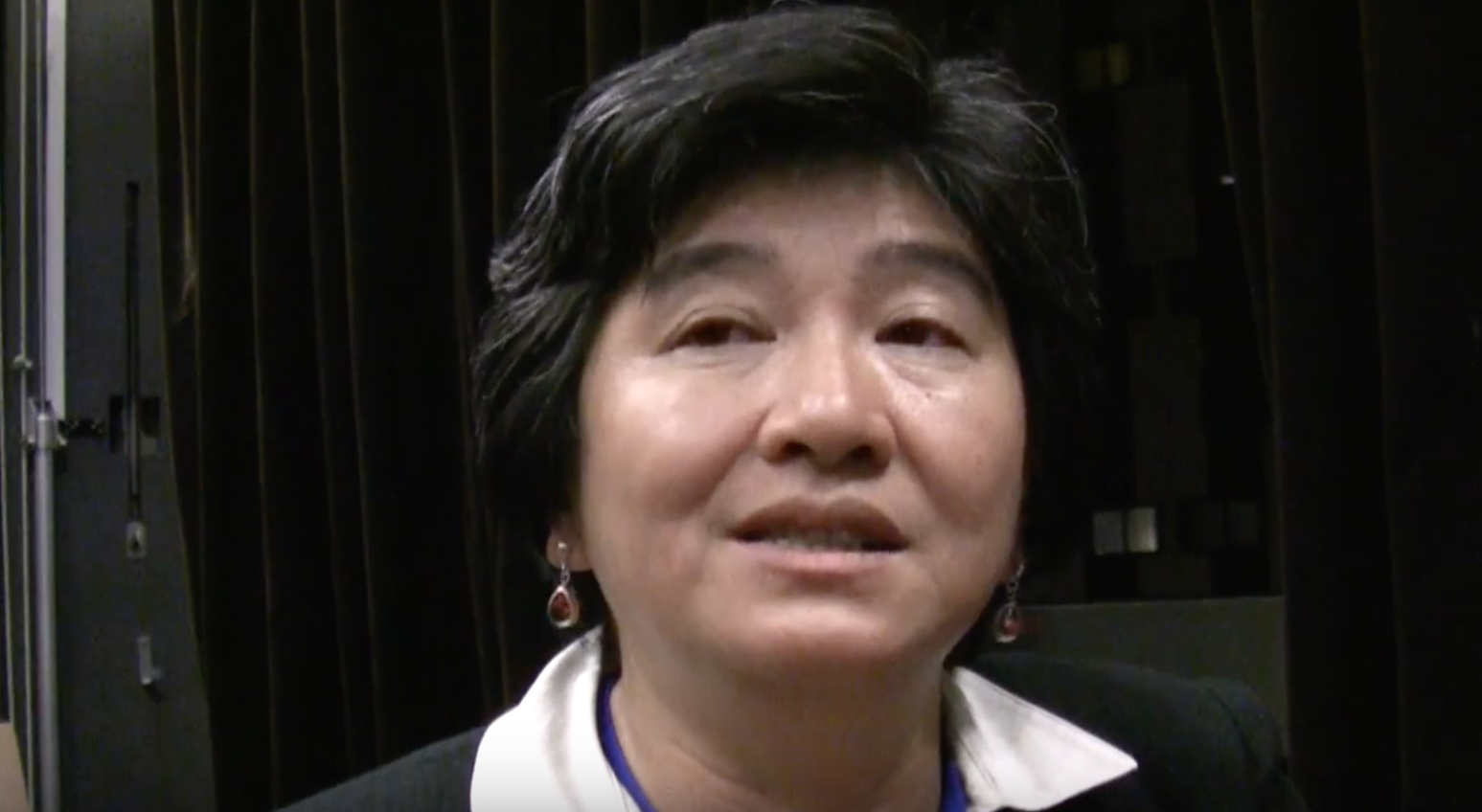
If neighboring villages can share pastures for the common good, why could the world’s nations not do the same with the atmosphere?
With global challenges on climate and natural resource management forcing governments to act collectively, several lessons can be learned from the way local communities take care of commons, participants at the 2015 Global Landscapes Forum in Paris heard.
Commons tenure arrangements, under which parts of the landscape are used collectively without reference to private property, apply to a range of resources, from forests to land to water, speakers at a discussion forum on commons tenure said.
“If it’s beyond your need, then you share it,” said Joan Carling, Secretary General of the Asia Indigenous Peoples Pact. “That is the very principle of resource management that we carry, and that is something that I think we can learn from.”
GLOBAL COMMONS
Jagdeesh Rao, Executive Director of the Foundation for Ecological Security in India, added that this model could apply to the “global village”.
“Oceans and air are actually global commons,” he said. “If you visualize each nation state as a village, that is exactly what the village commons are about.”
The prospect was attractive, as Rao showed photo after photo of arid landscapes restored to lush forest and savannah within a decade. This had happened after his organization worked with local communities to have their tenure over commons formalized and recognized.
Yet this is the main challenge in the commons model: “For the commons, secure tenure requires that you have the external recognition by the state and by corporations and by outsiders that these are legitimate property rights,” said Ruth Meinzen-Dick, Coordinator of the CGIAR Program on Collective Action and Property Rights (CAPRi).
COMMONS MARKET
Several panelists pointed out that governments were more likely to recognize individual tenure than that over commons. However, they did find themselves disagreeing on the definition of such tenure, with Etienne Le Roy, Professor emeritus of Legal Anthropology at Paris’s Sorbonne University, arguing that the notion of property could not apply to commons.
Oceans and air are actually global commons. If you visualize each nation state as a village, that is exactly what the village commons are about.
Another challenge when establishing commons institutions is how they will cope in a modern market economy.
“Anecdotally, often not that very well,” said Steven Lawry, CIFOR’s Director of Forests and Governance Research, although, he added, there is not enough research to be certain.
Lawry studied the successful conversion of degraded Namibian landscapes into wildlife conservancies, but he warned that they remained fragile because of the fluctuations in the tourism market they rely on.
As for Joan Carling, she opposed the commoditization of commons in principle.
“Is it the way to save the commons?” she asked. “We know that the market is not in the hands of communities. It is in the hands of corporations.
“We now need to think out of the box and really reflect on what is the best way for us to ensure that the commons are still shared, that it’s the people that benefit from it and that it is sustainable,” she added.
We want you to share Forests News content, which is licensed under Creative Commons Attribution-NonCommercial-ShareAlike 4.0 International (CC BY-NC-SA 4.0). This means you are free to redistribute our material for non-commercial purposes. All we ask is that you give Forests News appropriate credit and link to the original Forests News content, indicate if changes were made, and distribute your contributions under the same Creative Commons license. You must notify Forests News if you repost, reprint or reuse our materials by contacting forestsnews@cifor-icraf.org.

